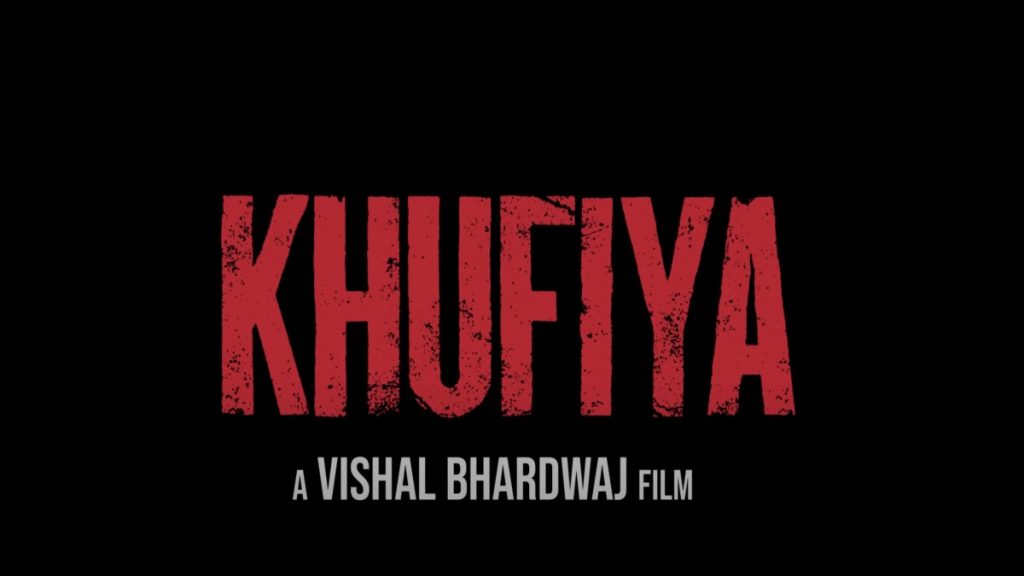New Delhi: “Khufiya,” the latest film by acclaimed filmmaker Vishal Bhardwaj is based on the book “Escape to Nowhere” by former R&AW official Amar Bhushan.
The film unfolds in 2004, a time of heightened intrigue and suspicion. The central character, Krishna Mehra (Tabu), is a seasoned and embittered senior intelligence operative, burdened by insomnia and alcoholism—an archetype often seen in spy narratives. She is called upon to lead a surveillance operation initiated due to her junior colleague Ravi Mohan (Ali Fazal) excessively using the agency’s copier. However, Ravi’s actions are not driven by treachery but by a deep sense of patriotism. His wife, Charu (Wamiqa Gabbi), is suspected of complicity.
Krishna, nursing her own professional wounds, agrees to lead the operation only when offered a chance for revenge. She dubs it “Project Brutus,” a nod to Bhardwaj’s well-known affinity for Shakespearean references. Tabu’s portrayal of Krishna is a standout, characterized by a controlled chaos reminiscent of her performances in “Andhadhun” (2018) and “Haider” (2014).
The film introduces Hina Rehman (Azmeri Haque Badhon), a Bangladeshi informant who plays a crucial role in Krishna’s life. Badhon delivers a compelling performance, even though her character sometimes falls into the trope of a seductive figure amidst the backdrop of espionage.
As the narrative progresses, Krishna’s team infiltrates the mundane world of the Mohan household, where Charu and Ravi go about their daily lives. This juxtaposition adds depth to the story, but Charu’s character, despite moments of agency and liberation, remains underdeveloped.
The film’s second half advances the story six months into the future, requiring viewers to suspend disbelief as characters seemingly recover from life-threatening situations. While Gabbi delivers a convincing performance, the plot contrivances in this section strain credibility. The rushed finale and the portrayal of American characters add to the film’s underwhelming second half.
“Khufiya” features a character played by theatre doyen Navnindra Behl, Ravi Mohan’s mother, who suffers from weak characterization. Her motives and background are left unclear, making her character less compelling.
In conclusion, “Khufiya” manages to tie up its plotlines but fails to leave a lasting impact. For a director known for delivering remarkable films like “Maqbool” (2003) and “Omkara” (2006), this movie falls short of expectations. While it offers moments of promise, it ultimately becomes a cinematic liability. “Khufiya” is now available for streaming on Netflix.

